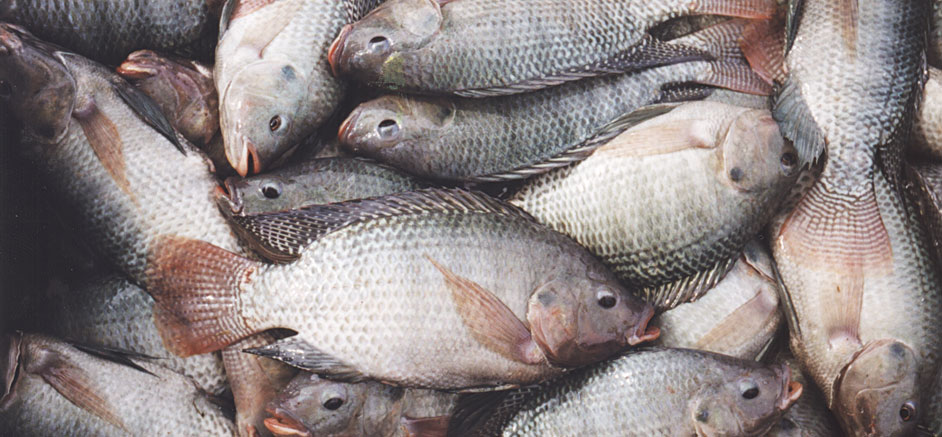
COUNSEL for the 21 tilapia farmers, who are claiming GH¢1,167,928 damages against the US Group of Companies for breach of contract, will on February 12, 2014, move a motion for the award of default judgement.
Following from the failure of the company to file its defense, lawyer for the plaintiffs, Ms Mary Ohenewaa Afful, will on that day move the motion for default judgement due to the company’s failure to put up a defense.
The matter came up for hearing at the Fast Track High Court in Accra today but the presiding judge, Mr Justice Daniel Mensah, adjourned it to enable the defendants to be served with the necessary documents.
Background
The plaintiffs initiated the action at the Fast Track Division of the High Court in December 2013 for the recovery of GH¢1,167,928 being the company’s total indebtedness to them.
They are claiming interests at the agreed default rate of four per cent per month, legal costs and damages for breach of contract.
In their statement of claim, the plaintiffs, led by an Accra businessman, Mr Alexander Obuobi, said acting on the strength of the defendant’s representation and personal assurances of re-payment with exorbitant interests, they, on or about January 2012, invested money in defendant’s companies and provided all the necessary documentation to the defendant personally to enable them to profit from their various investments.
According to the plaintiffs, it was expressly agreed or alternatively implied by the course of dealings between the parties that the defendant would take steps to pay plaintiffs proceeds after the harvesting period and also after the duration of the loan agreement, either in bulk or individually.
Unfortunately, however, the plaintiffs said that the defendant had made no effort to settle its surrounding liability.
Terms of Agreement
According to the statement of claim accompanying the writ of summons, by the terms of agreement, the cost of a full cage was GH¢6,000.
That it said covered the construction of the cage and stocking it with 6,000 fingerlings of tilapia.
It said the cost of feeding for the first 12 months was GH¢7,020 at the current feeding fee of GH¢780 per month, adding up to a cost of GH13,020, adding that the amount covered the maintenance and any other matters related to the cage and its content for the first years.
Per the agreement, the investor would be subjected to feeding payments only after nine years, for which the cost would be communicated at the beginning of each period which currently stands at GH¢780 per month.
According to the statement, after the first 12 months, harvesting would take place every six months, meaning that investors would get double the total amount they got in the first year.
By the terms of the investment contract with the defendant, it was agreed that plaintiffs would enjoy interest of between 96 and 120 per cent over six to 12 months period and a four per cent default interest per month on any amount outstanding.
No payment
According to the statement of claim, when the dates for redeeming plaintiffs’ investments were due, neither their investment proceeds nor their principal was paid to them.
The defendant, it added, had, therefore, failed, ignored, neglected and or refused to pay the amount owed plaintiffs as of this date.
It said having regard to the defendant’s failure to honour its obligations, the Fidelity Bank cheques the defendant issued to the plaintiffs all bounced at the counter.
“Further, after several futile attempts to cash their monies at the bank, plaintiffs went to defendant’s offices but they were told to go home and await a text message. The text messages eventually arrived on their respective mobile phones promising the anxious investors/plaintiffs that they would be paid in October 2013. However, the company could not make do its promise to pay the investors in October 2013, leaving them in limbo,” the statement said.
It contended that, although, the defendant company remained indebted to the plaintiffs, it continued to hold itself out as a successful and profitable business entity opening supposed branches countrywide.
No comments:
Post a Comment